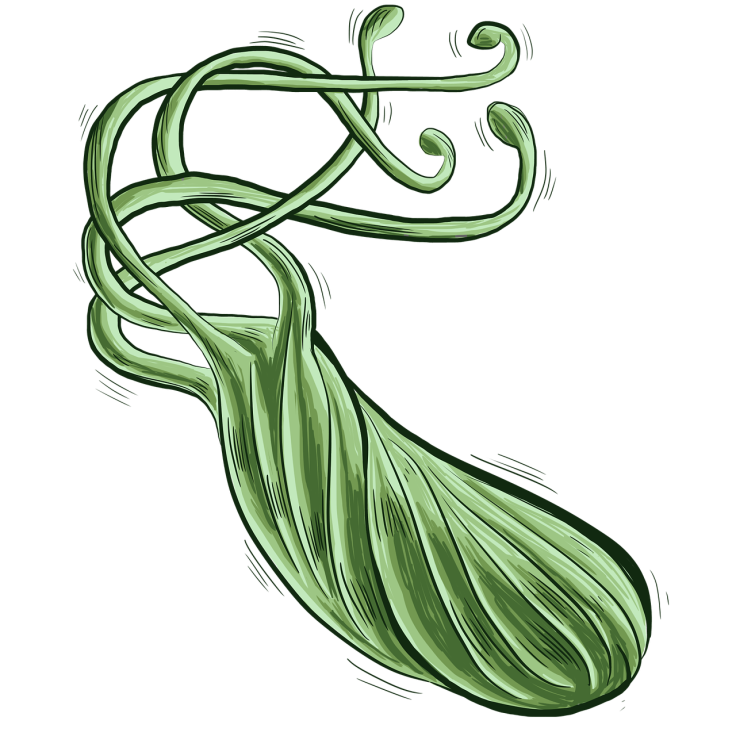Ulcer-Causing Bacteria Can Be Eradicated Using This New Dual Therapy
KEY POINTS
- About 30-40% of Americans are infected with H.Pylori
- New dual therapy found promising in eradicating H.pylori
- It neither favors antibiotic resistance nor causes severe side-effects
Helicobacter pylori, a.k.a. H.Pylori, is a kind of bacteria that can enter your body and live in your digestive tract. It is one of the leading causes of peptic ulcer disease and gastritis. About two-thirds of the global population is affected by this bacterium, according to the Centers for Disease Control and Prevention (CDC).
By far, H.pylori infection has been treated using triple therapy, which consisted of antibiotics including amoxicillin, clarithromycin, tetracycline, or tinidazole, and medications that lower the acid levels in the stomach. Most individuals get relieved within two weeks of treatment. Bu,t researchers from Japan reported that a 7-day regimen consisting of low-dose amoxicillin and vonoprazan (dual therapy) is enough to eradicate H.pylori infection.
International guidelines recommend four-drug combination therapies, which consist of 2-3 antibiotics prescribed for 10-14 days as a first-line treatment for H.pylori infections especially in those areas where clarithromycin resistance is very high. Alongside other disadvantages, such a treatment plan could fuel antibiotic resistance.
The benefits of this new treatment plan:
- The single antibiotic wouldn’t contribute to H.pylori antibiotic resistance
- Patients infected with clarithromycin-resistant strains, the dual therapy offered higher eradication rates
- Eradication rates of dual therapy were 90.2% (3.1% higher than the triple therapy)
- There weren’t any severe adverse effects
For their study, the Japanese research team included 335 patients infected with H.pylori. While some of them received dual therapy with low-dose amoxicillin, others received triple therapy with vonoprazan, clarithromycin and low-dose amoxicillin for one week.
"Further studies should be demanded to develop vonoprazan-based dual therapy with proper adjustments and to establish new first-line H. pylori eradication treatments in the era of growing antimicrobial resistance," MDLinx quoted the researchers.
The symptoms of H.Pylori infection include frequent burping, bloating, unintended weight loss, burning pain or an ache in the abdominal region, nausea and loss of appetite. The Mayo Clinic urged individuals experiencing severe or persistent abdominal pain, black tarry stools, black or bloody vomit and difficulty swallowing to seek immediate medical help.
In most cases, people do not realize they have been infected with the bacteria since they never become sick from it. Doctors diagnose it when patients exhibiting peptic ulcer symptoms test positive for H.Pylori infection.

© Copyright IBTimes 2025. All rights reserved.






















